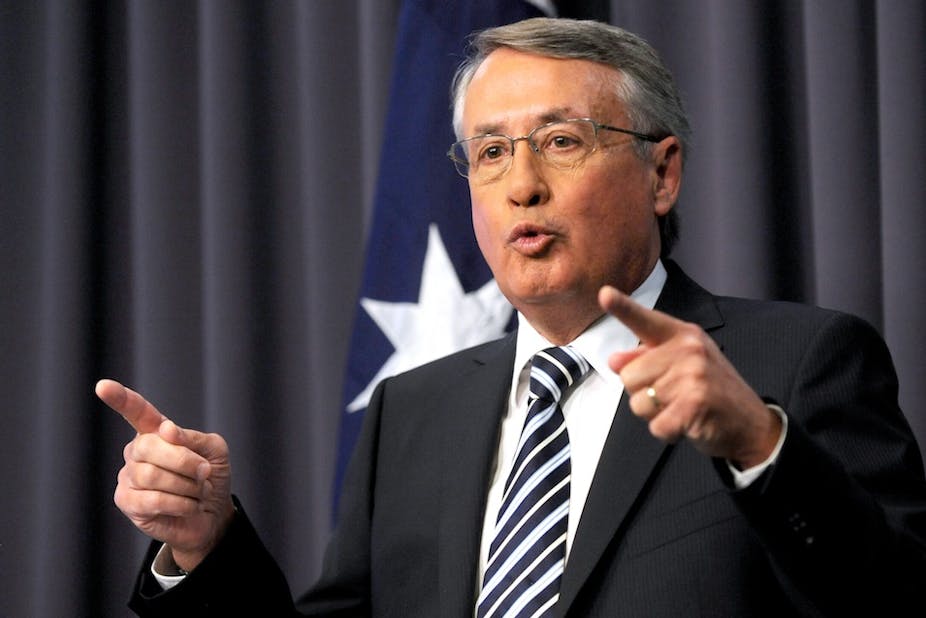Federal Treasurer Wayne Swan has vowed to keep up the pressure on Australia’s major banks to follow the lead of the Reserve Bank of Australia, if board members decide next Tuesday to lower Australia’s cash rate.
But Australian banks are complaining about increased regulation, according to a soon-to-be-released survey from PricewaterhouseCoopers with the London-based Centre for the Study of Financial Innovation (CSFI).
Professor Jakob Madsen, Xiaokai Yang Professor of Business and Economics in the Department of Economics at Monash University, explains why the government shouldn’t interfere - and why a surplus is the right way to go for Australia.
Do you expect the Reserve Bank of Australia to cut rates next week?
Yes. There are many things in favour of low interest rates. One is the trouble in the Eurozone, while inflation is low and the economy is a bit slack at the moment.
So to the Eurozone first. Could the worst be behind Europe if a debt swap deal over Greek debt is successful?
I think the worst is to come. They have not solved the structural problems in sovereign debt in Europe, particularly in the case of Greece, Spain, Italy and Portugal.
There is a very dangerous tendency right now. Interest rates on government debt are going up and up. It sounds simple that you just have to pay 7% interest on government debt, but the trouble is that you have extremely large surpluses to lower your debt, so these countries won’t be able to lower that debt in the first years and that means it may just get out of hand. The worst case scenario is that the whole of the Eurozone may just disintegrate and then we have severe problems in Europe.
How will that affect Australia?
Indirectly the crisis may spread across the world as interest rates on government debt starts to increase and that may spread to our country as well as Asian countries such as Japan, which has a high government debt. It may also affect indebted countries in south-east Asia. Australia’s government debt is not too bad, but we have to remember Australia has a very high foreign debt and if the financial markets start focusing on that, it could mean trouble for the Australian economy.
Banks have been reported as saying they are worried about government interference in policy. Is that warranted? Treasurer Wayne Swan has vowed to continue pressuring them to cut interest rates.
We saw last time the banks certainly lowered the interest rates, but I guess it all depends on the interest rate on the funding Australian banks are paying. Approximately half of their funding is from overseas and if interest rates remain high internationally, then it means low interest rates here can’t be passed on. I don’t think governments should interfere in this situation.
But Australians have become used to receiving interest rate cuts when the RBA cuts the cash rate. Also, there are some signs of flatness in the economy. Wouldn’t a cut encourage spending?
I don’t know why that is a big concern. Australia is not into a deep recession right now - it is just a little bit of slowdown in the growth rate - I wouldn’t be too concerned about that part.
Should Swan still be concerned about delivering a surplus?
Yes. I’ve always been strong believer in a surplus, particularly in times of potential troubles. We can see that what happened in Europe wouldn’t have happened if those countries had good budgets when they entered the crisis.
I think that it is vital now, when the economy is not too slack, that the government continues to aim to deliver a surplus. The important thing is if there is a financial crisis in Australia, we know we will go into deficit. Therefore, automatically the financial markets will become even more negative about the Australian economy and this could lead to a downward spiral. So I think the best way to prevent this is to aim for a surplus, even if it is going to affect the economy negatively in the short run.

